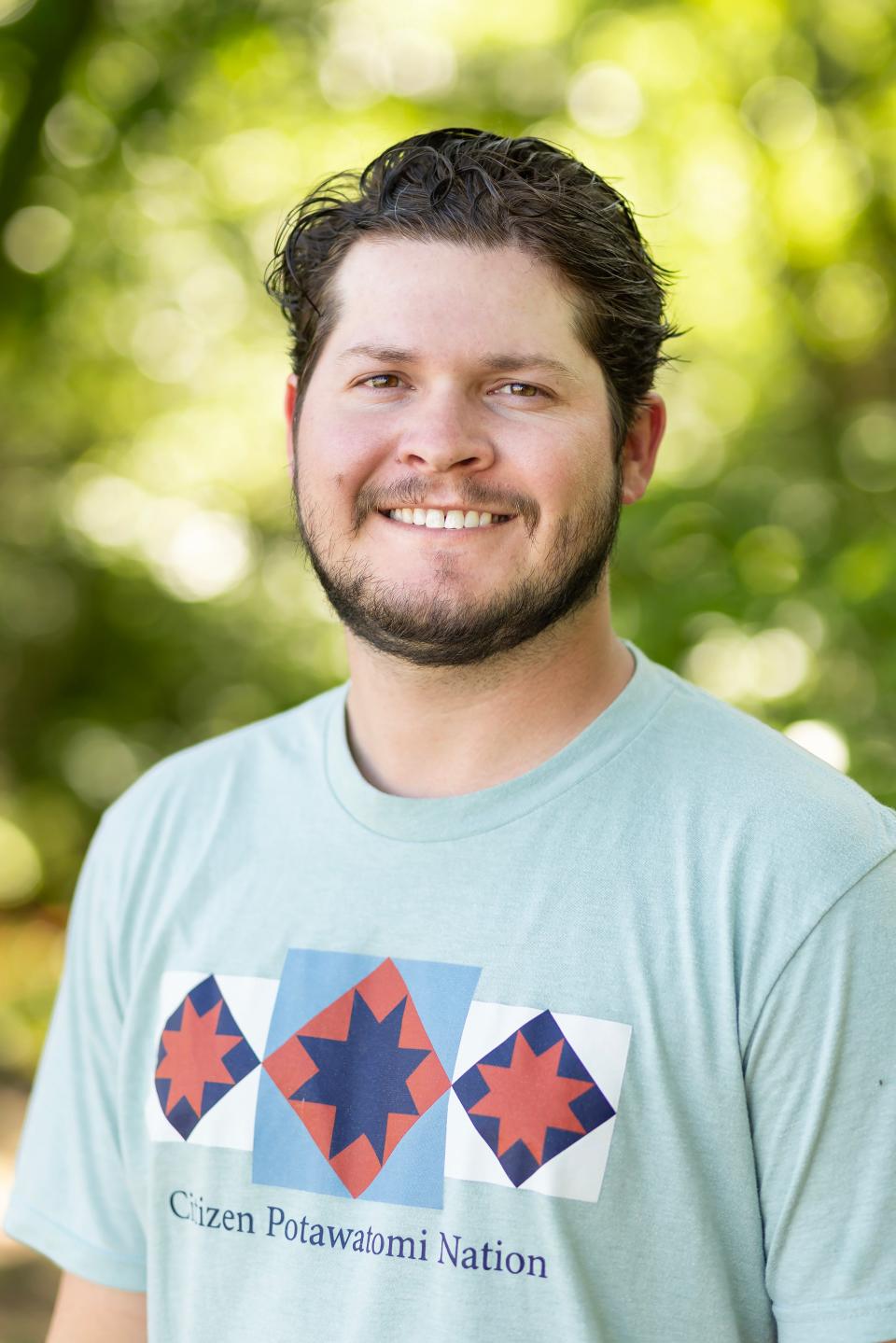Why we all need to commit to action for environmental efforts to succeed

The global community is placing more emphasis on waste reduction and a smaller carbon footprint. But what does it really mean to take care of the Earth? Even more, whose responsibility is it?
Indigenous cultures have a longstanding history of celebrating the Earth and fighting to preserve natural resources. While tribes native to America have a complex relationship with the land, protecting our natural resources has always been at the heart of our heritage.
This deep commitment to preservation drives many tribes today to continually work to set the standard for sustainability efforts. For other organizations interested in making positive environmental change, learning from tribes is a good place to start.
For example, Citizen Potawatomi Nation (CPN) launched its own recycling program six years ago to benefit both the environment and the tribe. Each year, the program diverts about 140,000 pounds of recyclable materials from landfills. This allows for perfectly usable materials to be recirculated, in addition to reducing costs to the tribe by decreasing the number of solid waste pickups.
Leadership buy-in is an important key to any organization’s sustainability efforts. This makes investing in environmentally friendly infrastructure, like community gardens, solar panels and other sources of renewable energy, more attainable.
CPN’s administration has shown tremendous support for the tribe’s efforts by making recycling more accessible across its facilities and approving funds to purchase new equipment. Engaged leaders understand what’s good for the planet is also good for the bottom line.
More: Atoka gains a new business, but is 'black mass' it produces at recycling plant safe?
What we have found is that when our leaders champion sustainability efforts, our people are more likely to do the same. On an individual level, tribal members are encouraged to make small changes, which can generate a big impact. This is applicable regardless of tribal affiliation.
First, if you’re not already in the habit of recycling, now is the time to start. If your neighborhood doesn’t offer recycling services, consider making a monthly trip to your local recycling center. Not all materials can be salvaged, though, so research what can be saved and what to throw away.
Additionally, don’t underestimate the power of reusing. Inexpensive single-use items, such as plastic cups and containers, can be replaced with reusable versions that last longer and are more reliable. Reusable shopping bags also continue to grow in popularity, and they help eliminate unnecessary waste during trips to the grocery store. Purchase a few of these bags to keep in the car, and you’ll always be ready for impromptu trips to the store.
For environmental efforts to succeed, we all need to commit to action. This means making positive changes in our personal lives and to our businesses, taking the planet into consideration with each step.

Bryce O’Connor is an environmental specialist in Citizen Potawatomi Nation’s Department of Environmental Protection who oversees the tribe’s recycling program.
This article originally appeared on Oklahoman: Protecting Earth's resources at heart of Native American heritage

